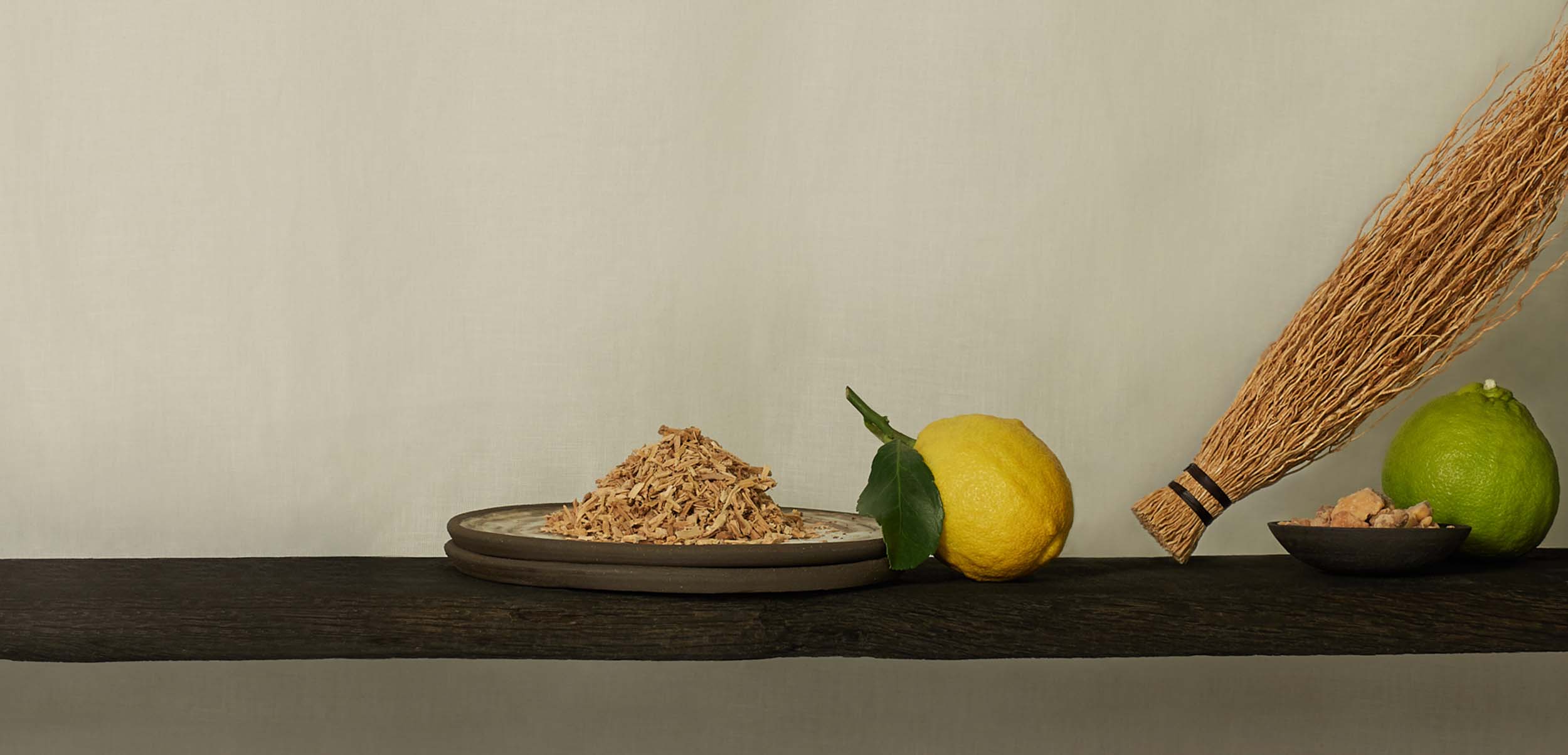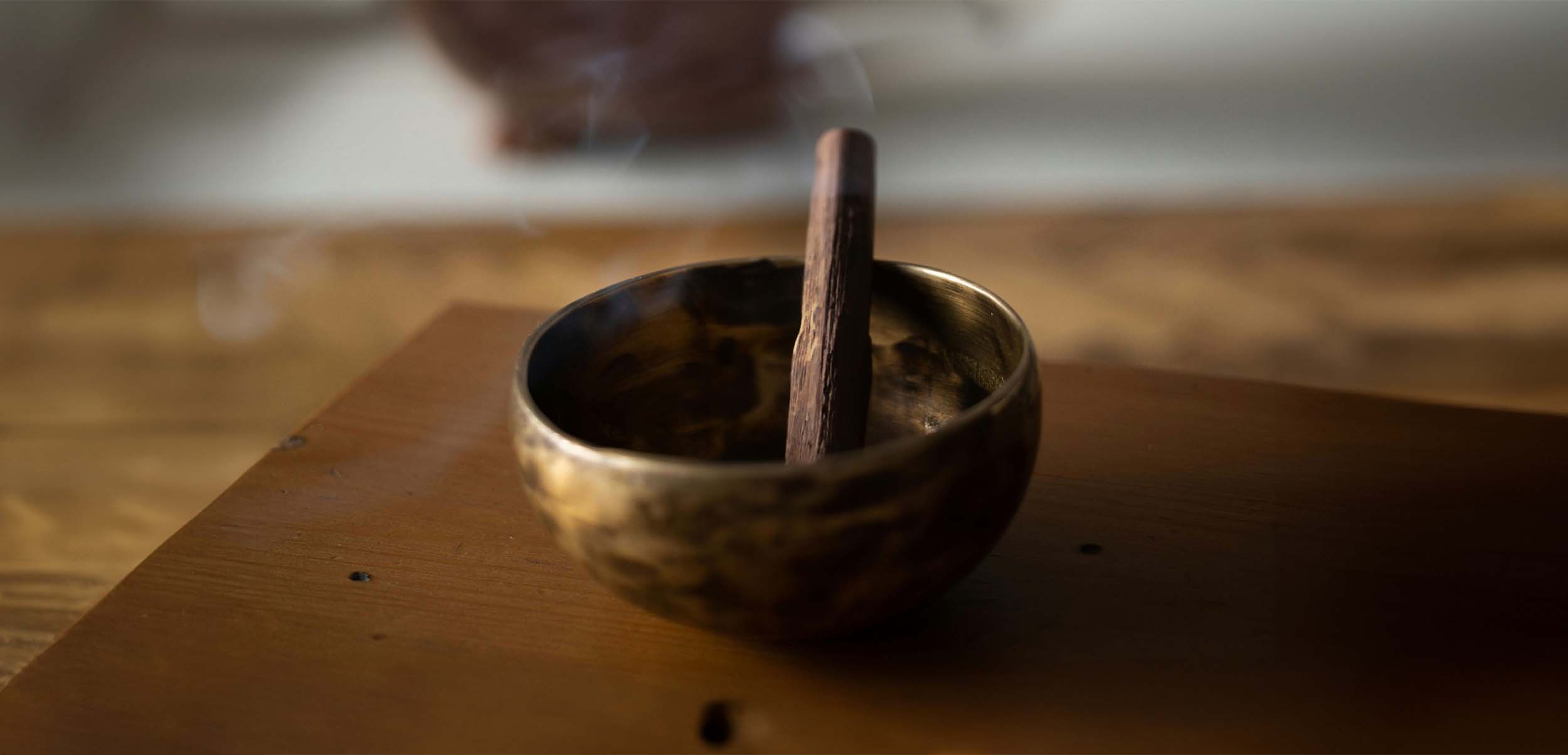
Everything you need to know about CBD
by AMNIENS
Cannabidiol profiles carry myriad benefits for mind, body and soul
In just a few years, CBD has elevated from word-of-mouth wonder-ingredient to pride of place in the modern medicine cabinet. Plant-powered with promising health benefits, CBD has become a true wellness staple. So how did it earn its stripes? Both scientific studies and self-reports suggest that CBD can lessen stress and anxiety, insomnia (both falling asleep and staying asleep), chronic pain and addiction. It’s thought that CBD reduces inflammation in the body, thereby reducing pain, and calms the central nervous system, to ease anxiety. While CBD is not a sedative, by tending to other issues such as pain and stress, the body can more easily find that sense of ease.

What exactly is CBD?
CBD (short for Cannabidiol) is one of over 80 types of chemicals, known as cannabinoids, found in the Cannabis sativa plant. The most abundant cannabinoid, THC (short for tetrahydrocannabinol) is well known for its psychoactive properties, whereas CBD is the second-most abundant and will not get you high.
The journey of CBD starts with hemp. Hemp and marijuana are two different strains of the Cannabis sativa plant and each produce CBD and THC in different amounts. Hemp plants are grown for their fibres and high levels of CBD that can be extracted to make oil; but marijuana plants grown for recreational use have much higher concentrations of THC compared with CBD. Hemp-derived CBD is now legal in many countries around the world as long as it contains less than 0.3% THC.
And, here’s the best part. CBD has been shown to support the endocannabinoid system, which regulates many functions in our bodies from sleep and inflammation to mood and appetite. It does this by stimulating the receptors in the body’s endocannabinoid system, which leads us nicely onto the next part…
What is our endocannabinoid system?
The endocannabinoid system works within our bodies through chemical communication, not unlike the hormone system. It’s responsible for homeostasis, the optimal state of balance among all of the body systems (the immune system, digestive system and nervous system) that maintains our overall health. That sweet spot, where all are in balance, is what we’re aiming for.
Cannabinoid receptors are spread throughout the body, including the skin, which is how topical CBD products such as oils can best utilise the receptors. There are two types of CBD receptors: CBD1 (found in the brain and nervous system) and CBD2 (in the digestive and immune system). CBD binds to the endocannabinoid system via these receptors to make its way through the body and work it’s magic* (note: this is science, not magic, which makes it even better).

Is topical application best for CBD?
Absorbing through the skin, there are various benefits to using topical application for CBD. Ingested CBD, such as gummies and drink infusions, takes longer for effects to be felt as it has to go through our digestive system. When applied directly to the skin, CBD can penetrate the dermis to provide a still slow but consistent systemic absorption, which allows CBD to work on a cellular level to relieve muscle tension, as studies have shown. Better still, if that tension is caused by exposure to stress, CBD can indirectly ease the physical discomfort by reducing anxiety through the endocannabinoid system (our serotonin receptors, to be precise). It’s a win win.
Will CBD help me feel better?
Indeed, CBD might help you feel more balanced. Such therapeutic claims may be commonplace – but they are really, reassuringly widespread. Reports of these benefits date back to around 750 B.C., when the plant was used medicinally for rituals in Central Asia. In the US too, physicians prescribed Cannabis sativa for many illnesses until restrictions were put in place in the 1930s. Now, large data trials are underway. So, while psychiatrists say that there is a lot of scientific, pre-clinical evidence on the benefits of CBD, the robust clinical data is not yet in.
Self-reports and smaller studies however, say that CBD could help with anxiety and pain. A study published in the European Journal of Pain suggests that CBD helps to reduce pain and inflammation due to arthritis when applied to skin. Elsewhere, findings show CBD can lower cravings for tobacco, for example. A large US study published in 2019 shows that anxiety improved in 72 psychiatric patients and notes that “evidence points toward a calming effect for CBD in the central nervous system.”
In short, when it comes to the benefits of cannabidiol profiles, it’s looking – and crucially feeling – more promising by the day. Watch this space.



